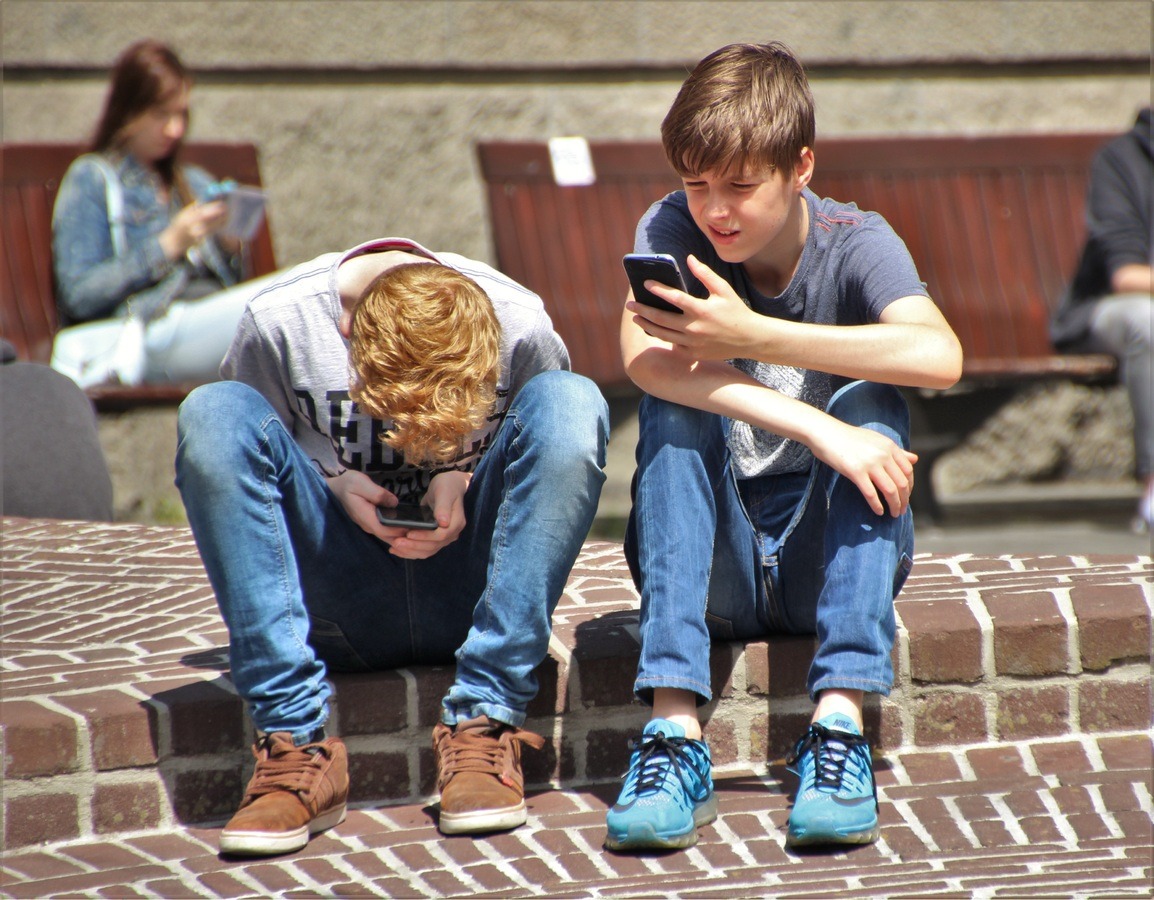This Sunday 17 March, the informative youth programme Het Klokhuis will award the Klokhuis Science Prize for the eighth time. There are two nominated research projects from TU Delft.
Max van Beek and his professor Peter Rem (Faculty of Civil Engineering and Geosciences) are working on recycling electronic waste. Klokhuis writes: ‘Phones and computers are full of small parts that contain valuable metals. Sometimes even gold! Throwing them away is a waste, yet it usually happens. Van Beek and professor Rem have created a device that separates plastic from metal, making it easier to recover the metals for a better future.’

Cybercrime researcher Rolf van Wegberg (Faculty of Technology, Policy and Management) shows that hackers are often just ordinary people too. Klokhuis writes: ‘Rolf investigates how crooks make money from information you send via your phone. But how do they do it? And how can you prevent them from accessing your photos, messages and other data? Rolf explains how you can protect yourself from these crooks. Because having your own phone is nice, but you also need to protect yourself with secure passwords and not just click ok everywhere – because you don’t always know who will get your information. With a phone diploma for your very first phone, you know what to do and what not to do.
Industrial Design & Engineering (IDE) alumnus Britt Müller developed an app that helps children prepare for a hospital visit. Professors Richard Goossen and Maaike Kleinsmann supervised her graduation. The app is hosted on the website Hospital Hero. On the Klokhuis site, Müller writes: ‘We asked children and parents how they would like to be prepared for their hospital visit in a good and especially fun way. We also took a look inside hospitals! This is how we found out what children find exciting and what they would like to know already at home. This information was turned into SamenSterk, a game in the Hospital Hero app.’ Read more about her project on the IDE communication page.
The Klokhuis Science Award will be presented on Sunday 17 March 2024 during science film festival InScience in Nijmegen.
- See the Klokhuis information page (Dutch only) to cast your vote
- This news item has been updated on 13-03-2024 with the block on Britt Müller


Comments are closed.